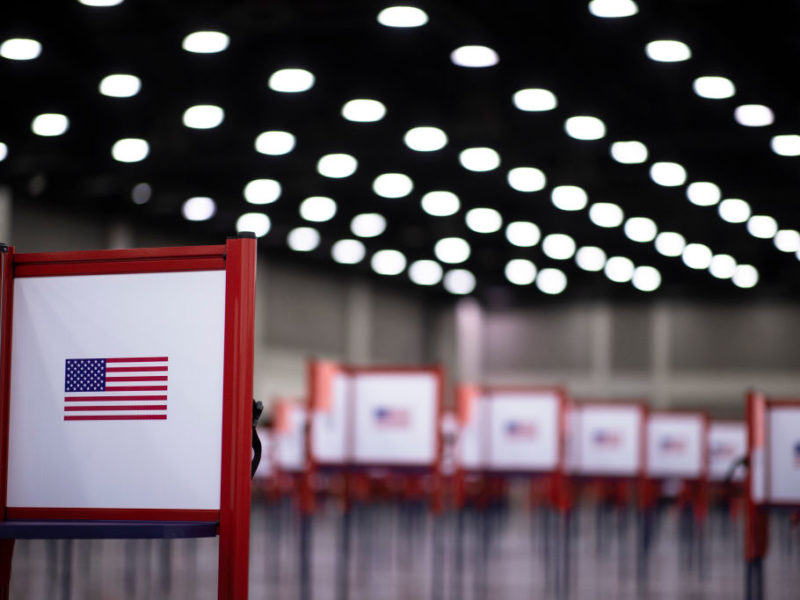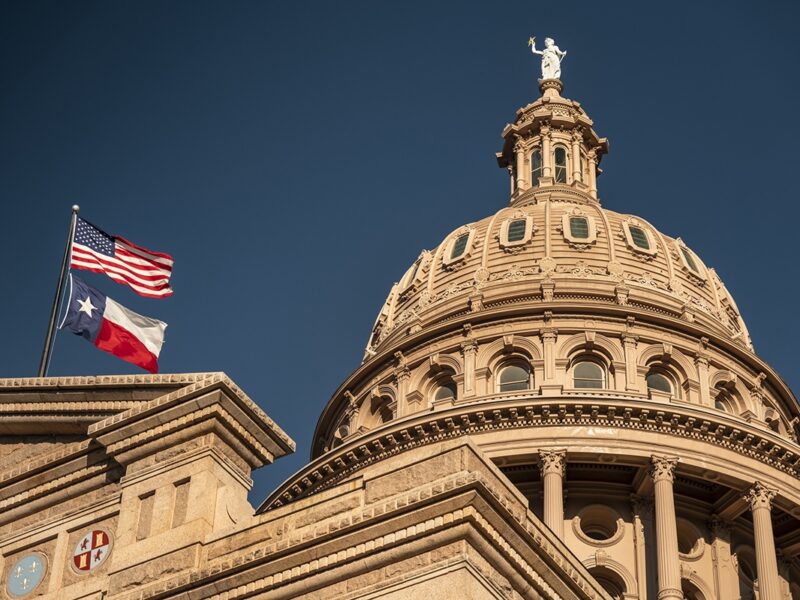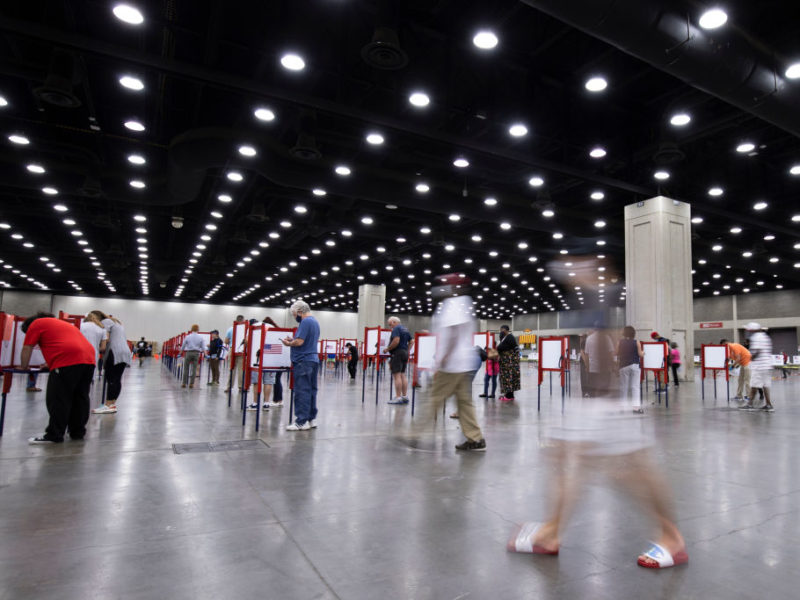What Comes Next?
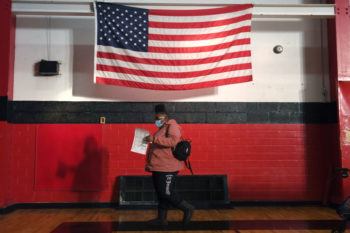
A pandemic causing many Americans to change the way they cast their ballots has made it likely that a clear winner of the 2020 presidential race won’t be known on election night – and potential court battles in the immediate aftermath could extend the issue well beyond Nov. 3.
Texas A&M University experts discussed what could happen next if a clear winner isn’t established during a Facebook Live event hosted Monday by the Bush School of Government and Public Service. Moderator Justin Bullock, an associate professor in the Department of Public Service and Administration, said a number of things could prevent the election from being resolved tonight.
A surge of Americans have cast their ballots by mail, which in many states aren’t processed until close to or on Election Day. President Donald Trump has repeatedly claimed that no votes should be counted after Nov. 3. In a close race, there are likely to be legal fights across the country.
The good news, Bullock said, is the United States has a great deal of experience with elections and peaceful transitions of power, and there is precedent for when the results are disputed. It was only 20 years ago that a hyper-partisan presidential election was concluded by a Supreme Court case. The difference is that the 2000 election didn’t include a sitting president who has sowed doubt on the election process, he said.
The spread of misinformation, electoral disputes, the disruption of voting mechanisms and violence are all possibilities that Americans are concerned about, Bullock said.
“It’s not normal because of, most obviously, the COVID pandemic, but also we’ve had threats of violence, we’ve got documented outside foreign interference attempts in our election – the fear of those may be as bad as the actual attempt,” said Jonathan Coopersmith, a historian of technology and professor in the Department of History. “We also have a president who has attacked the process of voting, who has disparaged the results of the election and processes, and what’s really distressing is we have one political party that’s spending millions of dollars in lawsuits making it harder for American citizens to vote.”
The United States has a history of gerrymandering and efforts of voter suppression by both parties, Coopersmith said, “but it’s really taken on a whole new level this time.”
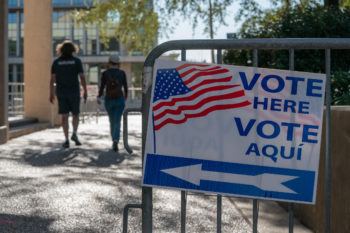
Ann Bowman, the Bush School’s Hazel Davis and Robert Kennedy Endowed Chair in Government and Public Service, said there is tremendous variation in how election systems are conducted at the state and local levels, but the “bottom line” is that every eligible voter who wants to register and cast a ballot should be able to do so, and every ballot should be counted properly.
“I’m hopeful the outcome is going to be easily determined election night… I’m hopeful that will be the case and that will minimize some of the consequences,” she said. “We already know that a lot of this is going to depend on the size of the mail-in and drop-off vote, and know that is going to take time in a number of states. If those states are close, that is going to complicate things.”
Bullock said given the president’s past statements, it’s reasonable to expect that if the results aren’t clear, he’ll claim victory and threaten to sue states that go in the opposite direction.
The short-term challenges immediately following the election will depend on whether worst-case scenarios come true, Coopersmith said. In the long term, what did and did not work this election will need to be evaluated regardless of the winner, he said, noting the variation in processes between states.
For example, Coopersmith said the increase in the number of mail-in ballots could mean that state and local governments consider whether they process those ballots differently if a trend emerges that people find voting by mail to be more convenient.
A long period of uncertainty in the outcome could also indicate that there is a systemic problem with the Electoral College, Coopersmith said.
“Let’s rethink the Electoral College, because if you believe in the will of the people or the electoral majority and you have a president who is elected or re-elected without receiving the majority of the popular vote, that’s a long-term problem,” he said.
Brian Nakamura, a Bush School assistant professor of practice with experience in local elections from his more than 20 years as a city manager, said local government officials have taken great measures to make sure elections are secure.
Nakamura offers simple advice for those who have already voted: be patient.
“There’s a lot of people with bated breath going, ‘What’s going to happen,’ and in all likelihood we won’t know on election night what will happen,” Nakamura said. “I know there’s been some thoughts about there might be a clear, definitive winner. Let’s hope that comes, but let’s hope we become more of a civil society and that we work together and that we’re OK to have different opinions and different votes. But in the long term, let’s unify and let’s move the country on a global scale.”
For more information about polling places and how to vote in Bryan-College Station, visit the Brazos Votes website.
Media contact: Caitlin Clark, caitlinclark@tamu.edu
